Republican politicians like to say they want to make it “easy to vote and hard to cheat.” Cheers to that! But their words are saying “let’s make it easy to vote and hard to cheat,” while their bills are saying, “let’s make it hard to vote.” Especially for Black voters. For example, large Georgia counties with more Black voters have often had unacceptably long lines, making it hard to vote. State lawmakers could have helped make it easier by continuing to allow people to vote from home (and not wait in line) and expanding voting hours to make sure no voter has to wait in line for longer than 30 minutes, as recommended by a blue-ribbon panel. But no. Instead, Georgia Republicans passed a law making it harder to vote from home and expanding voting hours in smaller counties that tend to have more white voters and shorter lines, while limiting hours in larger counties that tend to have more Black voters and long lines. This despite the fact that most Georgians oppose such measures.
In contrast, the federal For the People Act, HR 1, would make it easier to vote (and still hard to cheat) by automatically keeping voter rolls up-to-date, providing a baseline of proven best practices for absentee voting, and more. Fully 81 percent of Americans, including 74 percent of Republicans, agree. Instead of jumping aboard, Senate Republicans presented a competing proposal. Guess what it does? Makes it harder to vote, by forcing voters to jump through paperwork hoops to request absentee ballots that voters in 9 states have happily streamlined and never looked back; and making it harder to register to vote, again by re-introducing bureaucracy that voters had eliminated by implementing automatic voter registration in 17 states plus DC (and counting).
The same thing is playing out at the state level, where Republicans are introducing “harder to vote, nothing about cheating” bills across the country. The Republican State Leadership Committee has put out a call for “best practices” across the states that “make it easier to vote and harder to cheat—period.”
If Republicans really want to know what works, they should listen to Republican Secretaries of State from Cascadia. Kim Wyman, Republican Secretary of State in Washington state from 2012 to present, and Bev Clarno, Republican Secretary of State in Oregon from 2019 to January 2021, have some advice:
- Join the Electronic Information Registration Center (ERIC) to keep voter lists clean and up-to-date.
- Implement best practices for Voting at Home to make elections secure for officials and easy for voters.
Join the Electronic Information Registration Center, “ERIC”
Thirty states, both blue and red, are members of ERIC. The Center uses information from Social Security, the USPS, and others to identify voters who have died and moved, and alerts states so they can update their voter lists accordingly. The more states that join, the more effective the center is because it can verify when voters have moved across state lines, and help Secretaries of State make sure they are registered in their current state only. Every state that cares about their voter rolls’ accuracy should join.
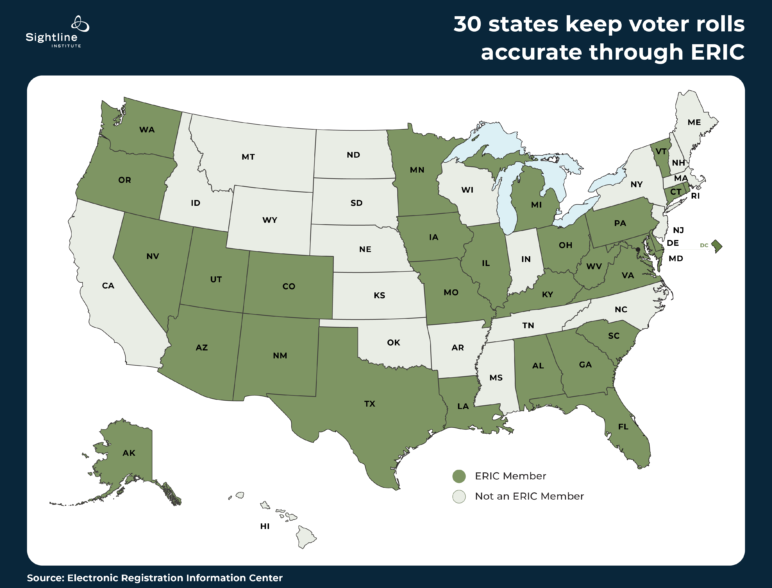 Take it from Kim Wyman, who says: “ERIC provides states with a powerful new set of tools that improve the accuracy of voter rolls and expand access to voter registration, achieving both goals more efficiently.” She continues that ERIC helps bring “voter registration into the modern age” by making voter rolls “more accurate, cost-effective, and efficient.”
Take it from Kim Wyman, who says: “ERIC provides states with a powerful new set of tools that improve the accuracy of voter rolls and expand access to voter registration, achieving both goals more efficiently.” She continues that ERIC helps bring “voter registration into the modern age” by making voter rolls “more accurate, cost-effective, and efficient.”
Implement best practices for Vote at Home
Despite former President Trump tried to make it a partisan issue in 2020, both Democrats and Republicans love voting from home. Republican leaders in Utah, Montana, and Florida have all embraced voting from home.
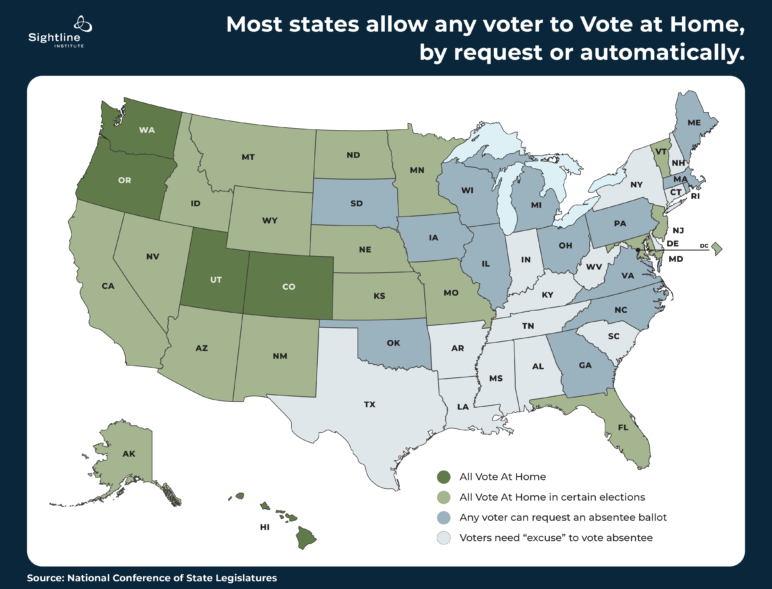 Bev Clarno, Oregon Republican Secretary of State, praised Oregon’s Vote at Home system in 2020:
Bev Clarno, Oregon Republican Secretary of State, praised Oregon’s Vote at Home system in 2020:
“I think after 20 years, we’ve proven that our system is very secure and voters love it. The voters voted it in, they’ve never made an attempt to vote it out. I think they’re happy with it and I think it’s a 20-year history of success,”
Kim Wyman defended Washington’s Vote at Home system against Trump’s attacks in a 2020 op-ed: “Mail-in voting works, and Washington state . . . is proof that it works. Plus, it’s safe and secure.” She went on to say “drop boxes are secure, convenient and a great way to ensure ballots are submitted on time.”
In Vote At Home states like Oregon and Washington, every voter turns in a hand-marked paper ballot: the gold standard for voting security.
They also build in other safeguards. Wyman enumerated on why she is so confident in the security of the system: “we have numerous safeguards. We check ballot signatures against voter-registration records; cross-reference databases nationwide to avoid duplicate registrations; prosecute those who tamper with or mishandle ballots; and more. Also, we conduct rigorous post-election processes such as auditing voting machines and voting precincts. We established a Security Operation Center and two-factor vote authentication, and enhanced security training.”
Republicans trying to roll back vote by mail after it exploded in 2020 should take Wyman’s warning. “When people vote by mail they love it. I think you’re going to see a natural migration.” In another interview, she expanded on why people love voting at home: “It’s very convenient. It empowers voters because they can choose when and where they want to vote. If they want to vote at their kitchen table or in their car, or wherever it is, they can do that, and they can do it on their own time. If you have someone that’s working a shift or has trouble getting to the polling place because they have three kids—and they have to run kids to soccer practice and cook dinner and all—it gives them a wider time period to be able to vote. I think that’s huge.
And why it’s a smart move: “When you build a system, like Washington’s, that has a really good balance of access and security, you inspire confidence that it’s a well-run election. . . those control measures, like checking every signature on every return envelope against the signature on the voter-registration record . . [create] the process and the accountability that [make it] harder for them to make the case for voter fraud, for example, or even voter suppression.”
Finally, she has sage advice for anyone who truly wants voters to be confident in the system. “When we start making it political, voters lose confidence in the system, and we can’t afford to do that.”
Rather than making it political, and making it harder to vote by choking down on popular and convenient voting from home, Republicans should make it easy to vote by expanding absentee voting and just talk to Wyman about how to make sure it is hard to cheat.
Featured image credit: H2Whoa!

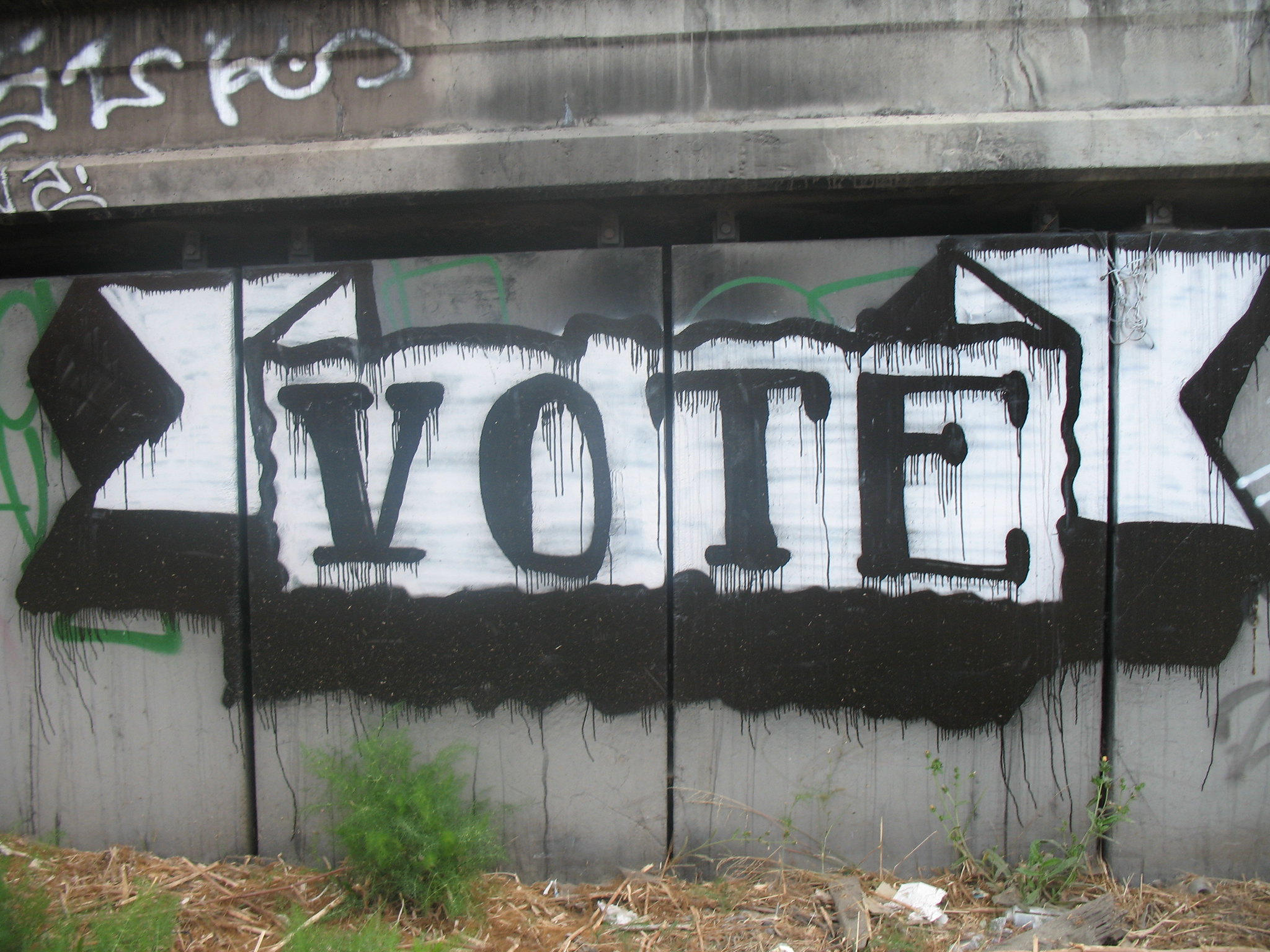
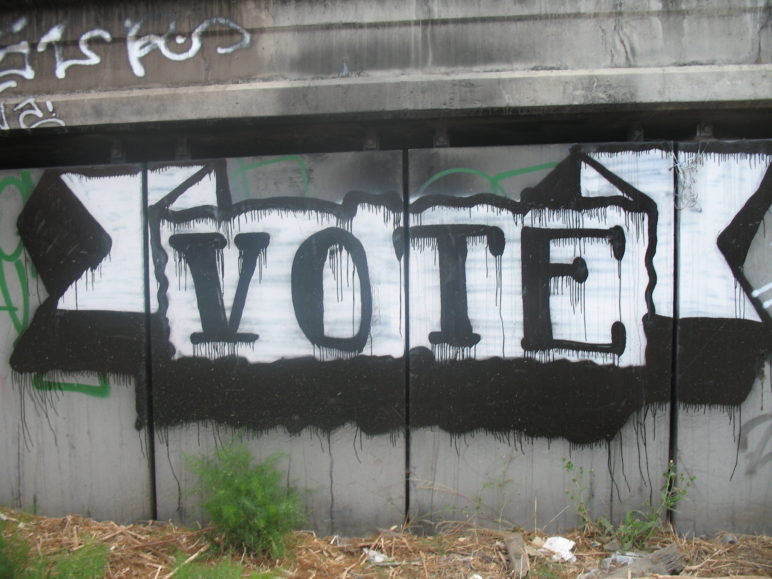


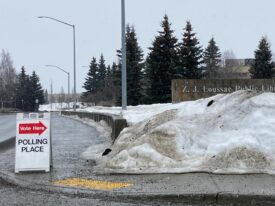
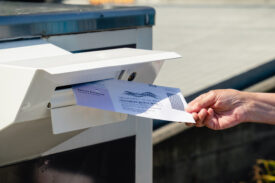

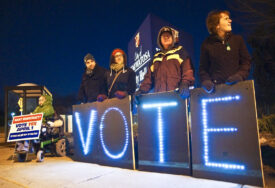

John Whitmer
Kudos to Eberhard and Lee for reminding us of the passage of HB1078 – surely a significant step forward in promoting voting rights. But to call passage of the bill “bipartisan ” – although not inaccurate (83 D, 1 R) – is a bit like promoting a jar of peanuts with one almond as, “mixed nuts.”